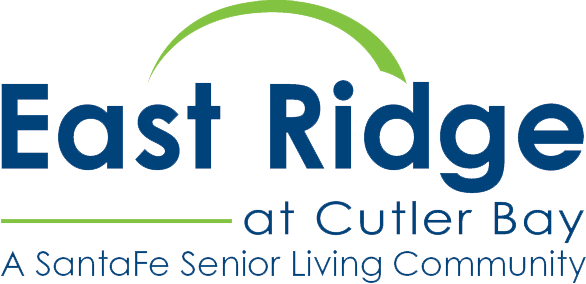As you begin to explore what the next stage of life holds, it’s important to have confidence in the place you choose to call home
At a Life Plan Community offering a LifeCare contract, sometimes also called a LifeCare Community, seniors can live independently while accessing a range of care levels and lifestyle amenities. Additional levels of care are offered to residents based on changes in their health care needs.
As you research all your senior living options, you may encounter some senior living terms that are unfamiliar to you. You may have even seen some confusing terms in this article already. Let’s identify a few:
- Life Plan Community: a senior living community that offers independent living and access to a continuum of care.
- Continuing Care Retirement Community: synonymous with Life Plan Community.
- LifeCare Community: This is a Life Plan Community with a Type A LifeCare contract. The LifeCare contract keeps your rates predictable and stable if you ever need on-site care – regardless of what level of care you need or for how long you need it. The financial protections of LifeCare make it the most comprehensive senior living plan available.Read more about the advantages of a LifeCare contract below.
LifeCare Communities
Seniors who want to enrich their independent lifestyle while ensuring future medical needs will be met will find LifeCare Communities an ideal option. Here are the basics: The resident moves in while independent. Then, if ever needed, the resident has access to higher levels of care, such as assisted living, memory support, skilled nursing and short-term rehab. Care is provided on site, eliminating the need for a disruptive or distressing move.
There’s a lot to consider when choosing a senior living community, and there are a variety of senior living contract options. It’s important to begin with a general understanding of three common contract types:
- Type A LifeCare: There is no contract that offers greater value or is more comprehensive than this. With an entrance fee and monthly fee, you prepay for future long-term care. As care services increase or market rates rise, your monthly fees remain stable. With ease and without disrupting your budget, you have access to higher levels of medical care for life. To enter into a LifeCare contract, you must move to a community while you’re able to live independently. LifeCare is about protecting yourself from the costs of future care. Many LifeCare communities require a qualifying health assessment, but once you move in, living at a LifeCare community provides lifelong value.
- Type B: Your entrance fee will likely be lower than under a Type A LifeCare contract, meaning you are prepaying for some future care. If you ever need it, the cost of care will be discounted in some form – usually by paying less than market rates or by a predetermined number of days in the community health center with no increase in your monthly fees.
- Type C: Here, there is little or no prepayment for care. If you need it, care is available at market-rate prices. You’ll be charged a monthly fee based on the care services you receive; if you need more care, the fee will increase.
Can my spouse and I receive different types of care?
Yes. At a LifeCare community, at least one of you must be able to live independently upon move-in.
Of course situations change, and it’s realistic to predict the care you’ll need will differ from what your spouse needs. A Life Plan Community like East Ridge at Cutler Bay offers a full continuum of care to serve the varying needs of couples. So it’s comforting to know you both can receive what you need at the same community – never having to be far from each other.
What is the dining experience like?
Life Plan Communities meal plans tend to be flexible. For independent living residents, it’s common to have one or two meals per day provided by the community. Should you move into long-term care, that changes. All your meals will be provided, so there will likely be a moderate increase in the monthly fee to cover additional meals.
You may want to inquire about and evaluate the kitchen amenities in individual residences if you can still live independently and want the option of cooking for yourself. Does the kitchen have enough space? Does it have suitable appliances?
Take a tour of the dining room and sit down for a meal to get the full dining experience.
What activities and amenities does your community offer?
There are many amenities available to residents of Life Plan Communities offering a LifeCare contract. These include fitness and wellness centers, salons, pools, libraries, and even dog parks. Look at their schedule for classes, religious services, lectures, lifelong learning opportunities and much more.
The case for LifeCare, in a nutshell
The truth is that seniors over age 65 have a nearly 70% chance of needing some type of long-term care in the future. A LifeCare community like East Ridge at Cutler Bay meets this need by providing access to a continuum of care while protecting residents’ assets. To experience our world-class lifestyle, amenities, and learn more about the care we provide under a LifeCare contract, schedule a visit today.


